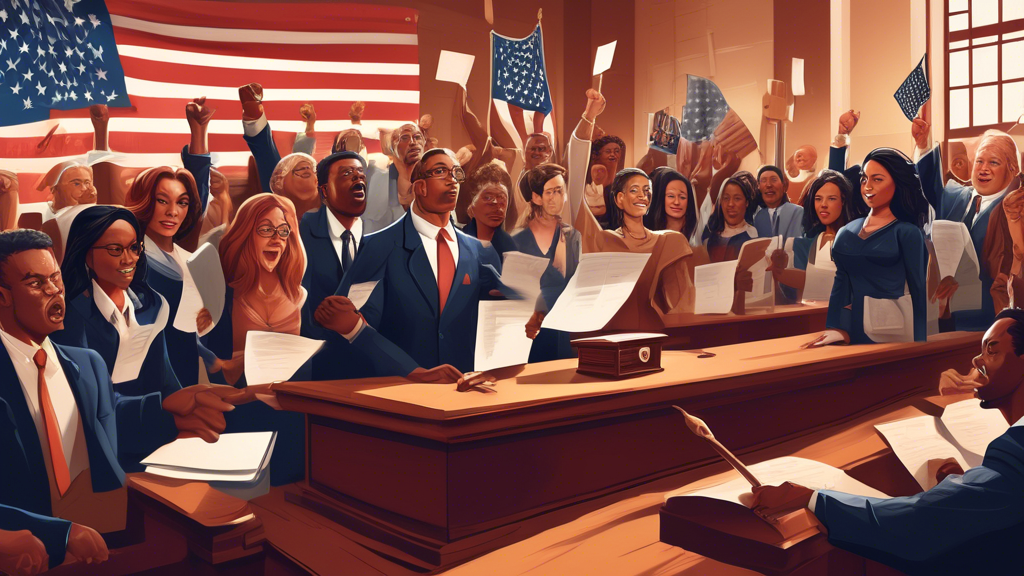
Supreme Court Victory for Free Speech and Qualified Immunity
In a recent ruling that underscores the critical importance of First Amendment protections, the Supreme Court has issued decisions that bolster free speech rights and address the contentious issue of qualified immunity for government officials. These landmark cases underscore the court’s commitment to preventing governmental encroachments on individual liberties, particularly regarding political expression and advocacy.
Reinforcement of Free Speech Protections
The Supreme Court’s decision in *NRA v. Vullo* serves as a significant affirmation of free speech protections, highlighting that government entities cannot leverage their regulatory powers to blacklist or retaliate against advocacy groups based on their viewpoints. This ruling emphasizes that such actions amount to viewpoint discrimination and violate the foundational principles of a free and democratic society. By safeguarding free speech, the court ensures that all organizations, regardless of ideology, can express their views without fear of punitive repercussions from the government.
Confronting Government Interference and Viewpoint Discrimination
The decisions taken by the Supreme Court reaffirm that officials cannot coerce private entities into silencing speech or engaging in censorship based on political ideologies. This prevents potential government overreach and protects the rights of all advocacy groups, ensuring that diverse perspectives can be freely expressed without suppression. The court’s rulings send a clear message: the government’s influence must not extend into the realm of personal and collective expression.
Historical Context and Precedents
These contemporary rulings are rooted in a rich historical context that has shaped modern interpretations of free speech. The landmark case of *New York Times Co. v. Sullivan* (1964) sets a key precedent by stipulating that public officials must demonstrate actual malice to prevail in defamation suits. This ruling has served as a fundamental protection for the press, allowing robust criticism of public figures without fear of retribution, thereby promoting a more informed and engaged citizenry.
Current Cases and Their Implications
In addition to *NRA v. Vullo*, the Supreme Court also recently addressed government influence over social media through *Murthy v. Missouri* (2024). In this case, the court ruled that the plaintiffs failed to establish standing in their claim that government officials had pressured social media platforms to censor protected speech. Such rulings reinforce the notion that government coercion is incompatible with the First Amendment, reiterating its significance in the age of digital communication.
Broader Impact on Advocacy Groups
These Supreme Court decisions have far-reaching implications not only for influential organizations but also for smaller advocacy groups and individuals facing attempts at censorship or suppression by government officials. The American Civil Liberties Union (ACLU)’s involvement in *NRA v. Vullo*, despite ideological differences with the NRA, illustrates a broader commitment to protecting First Amendment rights across the spectrum. The protection of free speech serves as a vital safeguard for democracy, regardless of the participants’ views.
Upholding Constitutional Safeguards
The rulings of the Supreme Court serve as robust reminders of the constitutional safeguards provided by the First Amendment. Ensuring that freedom of speech and the press remain protected against government encroachment is essential for the health of a democratic society. The government is not only prohibited from abridging these freedoms but must actively respect and uphold them in a manner consistent with the Constitution.
Overall, the recent Supreme Court victories represent crucial advancements in the protection of free speech and the limitation of government overreach, setting a strong precedent for the future of advocacy and expression in the United States.
